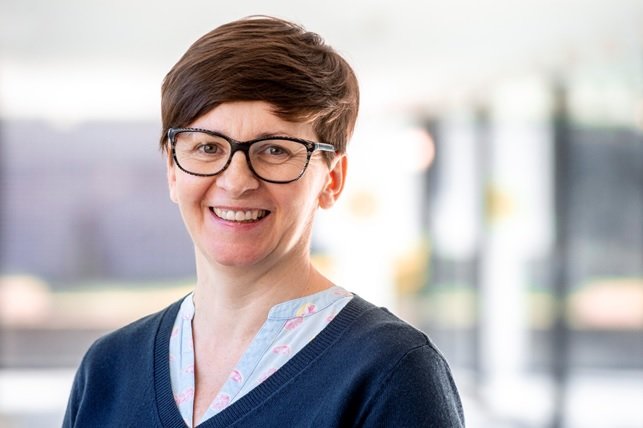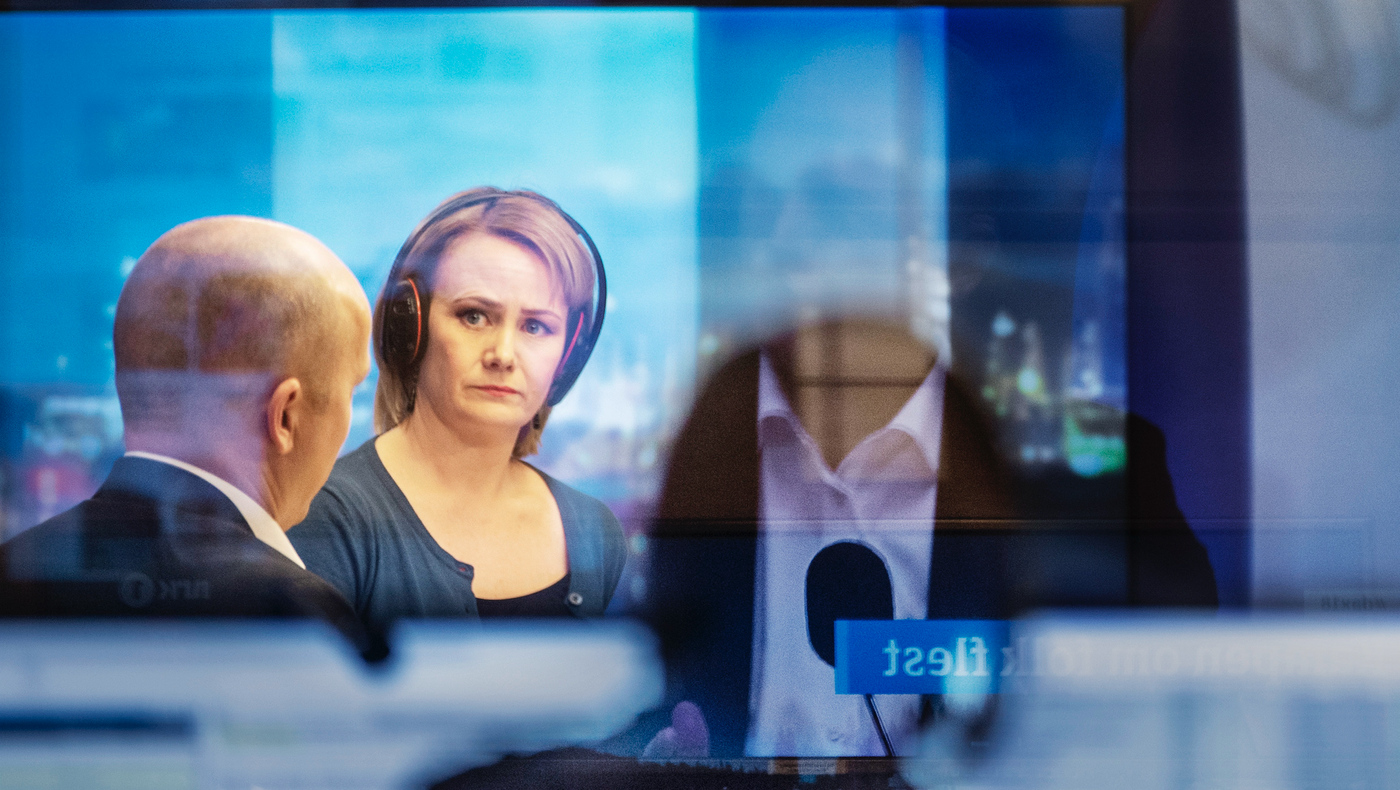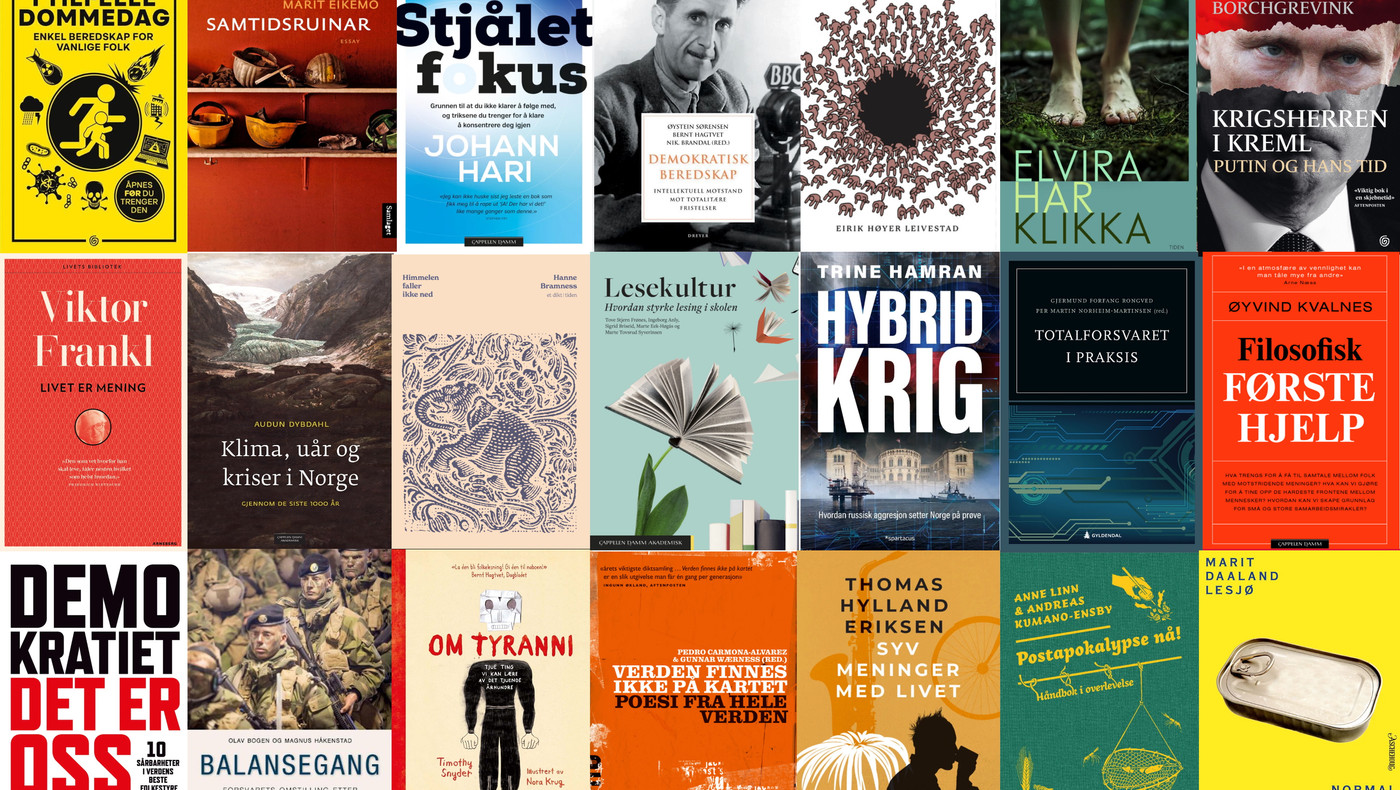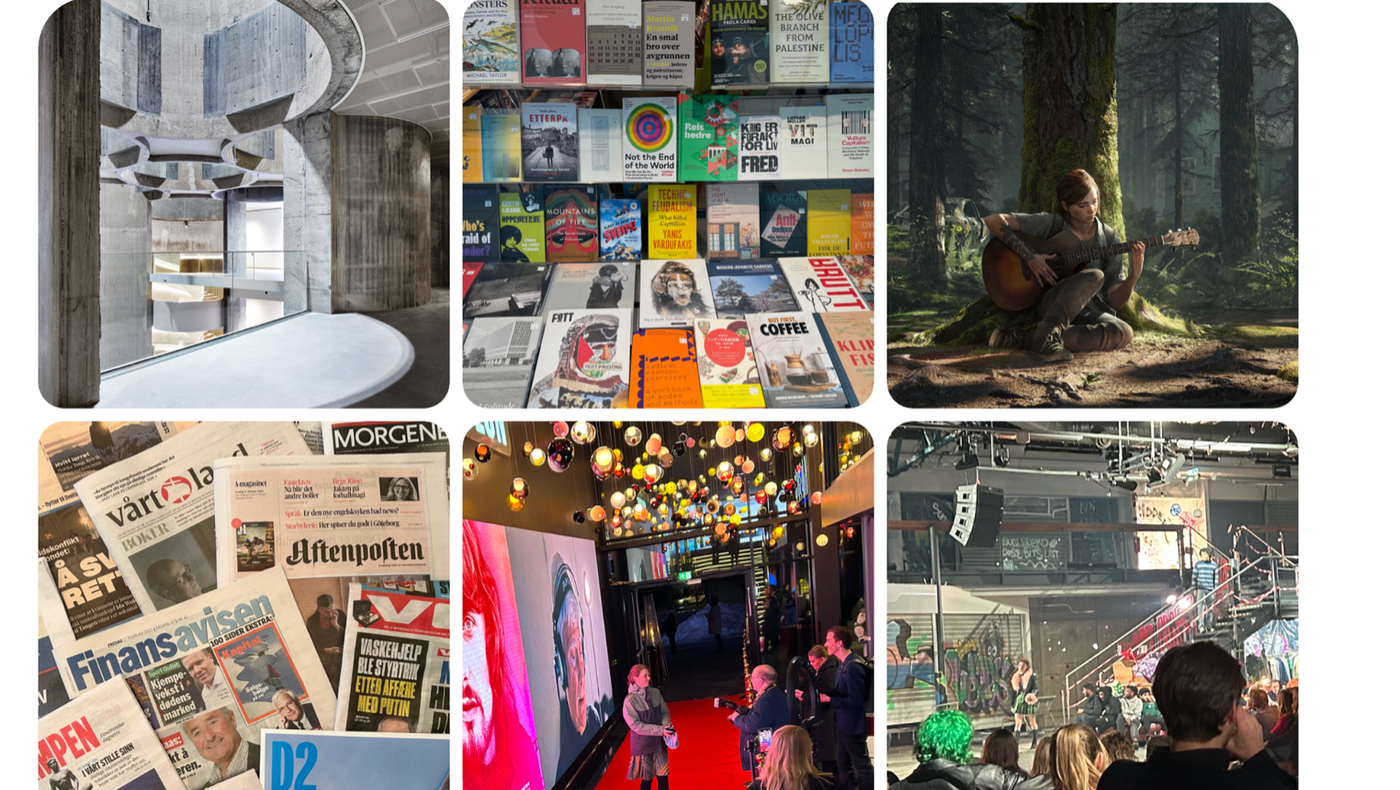Civitates grant: Boosting civil society in Poland
As the European Union heads into a pivotal election year, sixteen philanthropic foundations including Fritt Ord have come together to form Civitates. Civitates is a consortium that provides funding for civil society actors to come together and revitalise public discourse. In the coming weeks we’ll be sharing the stories of some of our grant recipients.
The stabbing and death of Pawel Adamowicz, the liberal mayor of the Polish city of Gdansk in January 2019 was perhaps the clearest sign yet of the tensions and divisions in the country. Civitates has funded projects of support for civil society organizations which have worked tirelessly in difficult conditions to try to break down these divisions and keep democracy and public participation at the heart of society.
Dorota Setniewska from the NGO Klon/Jawor Association, a leading partner in a new set up aimed at boosting the profile and presence of civil society organizations in Poland, explains what is happening in the country and what has changed in recent years.
“At the beginning of 2017 we built an NGO coalition after a series of attacks against organizations on public television,” says Setniewska. The idea was not to focus on one issue, but to broaden efforts, engage with a variety of people and promote democracy across Poland. There are now over 30 organizations focusing on a range of issues whose work is boosted by the coalition.
Civil society organizations
Before we did anything, we wanted to make sure that the work of NGOs was in line with the needs of the country and that people understood the positive contribution of civil society organizations, says Setniewska. “We decided to check what people had in mind and what they expected from us,” she explains. “We created focus groups in different villages and cities across Poland.” From these meetings, the organizations understood that people often did not understand what was meant by terms such as “NGO” or “nonprofit”. For the general public, the term “social organization” was clearer and less abstract, says Setniewska. Using this term “brings us closer to people”, she believes.
Positive impact
“The public’s trust in polish NGOs is pretty high, but when we checked we found that people associated the civil sector with helping children or working on health issues, but not with democracy or civic rights for example,” says Setniewska.
The NGOs decided to change this by working more closely with people and showing the positive impact they are having in local neighborhoods. This led to the launch of a nationwide campaign called “Organizacje społeczne.To Działa” or “Civic organizations. It Works” in English, recruiting organizations from all over Poland and targeting different audiences to ensure the voice of NGOs is better heard in public debates and their work given more support and recognition. The campaign is being supported by consultants to improve the way NGOs in Poland communicate and strategize, not simply as individuals, but also together as a sector.
Joint calendar
“We are using social media, Facebook, Instagram, Twitter and YouTube, and working with traditional media to tell emotional human stories, share infographics and use facts to bust myths,” explains Setniewska. The campaign is also aimed at encouraging members of the public to join civil society organizations or to carry out voluntary work with them.
The whole of the NGO sector has come together to work under the same umbrella to increase its impact and understanding of civil society organizations, she adds. This is helped by the creation of a joint calendar, enabling NGOs working on different issues to communicate with a single voice around a specific event or a special national or international day, such as the United Nations backed human rights or earth day.
Solidarity & trust
The impact of the change of direction so far is pretty difficult to measure, admits Setniewska, but she insists the NGO coalition will continue to measure reactions and coverage in the media. It may even hold new focus group meetings in the future to see whether public perception has altered. Most importantly is that “we are in this for the long haul”, she says, estimating the campaign will need to continue for ten years or longer to really make a difference in the fight against civic space shrinking in Poland. “We believe we are now stronger in the face of attacks and we will continue to build solidarity and trust in society,” says Setniewska.
About Civitates

www.civitates-eu.org
Civitates is a philanthropic initiative for democracy and solidarity in Europe. It provides funding for civil society actors to come together, revitalize public discourse, and ensure that all voices are heard. One of Civitates’ activities is strengthening the capacity of civil society actors, collectively and more effectively.
The 16 members of the consortium are: Adessium Foundation, Stefan Batory Foundation, Bertelsmann Stiftung, European Cultural Foundation, ERSTE Stiftung, Fondation de France, Fritt Ord, King Baudouin Foundation, Körber Stiftung, Luminate, Mott Foundation, Nicolas Puech Foundation, Oak Foundation, Open Society Foundations, Robert Bosch Stiftung, and Stiftung Mercator.




